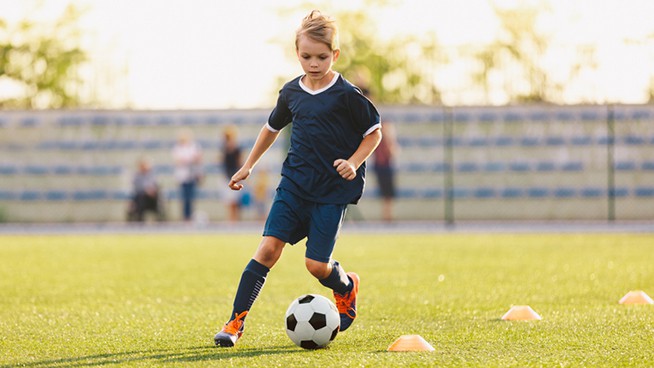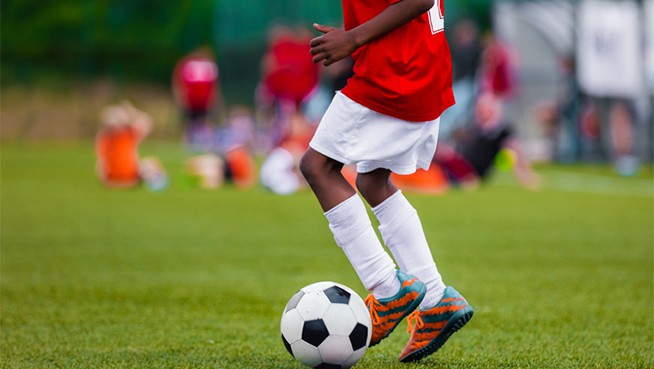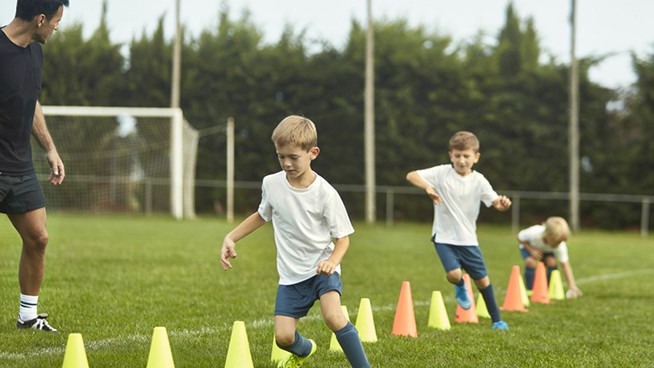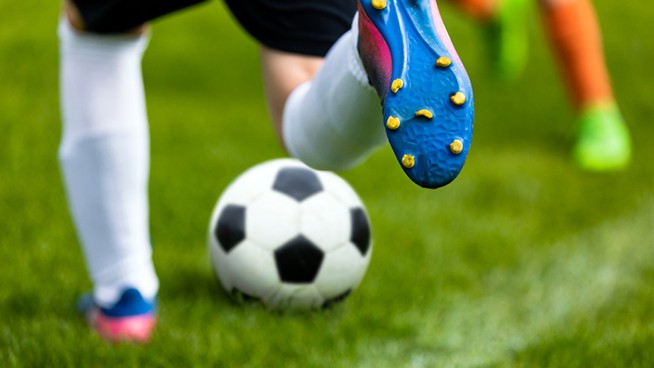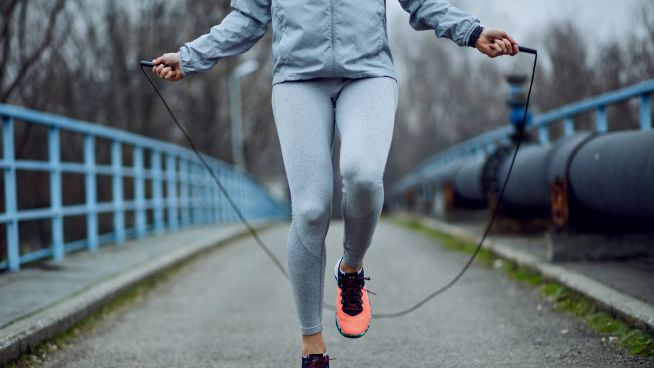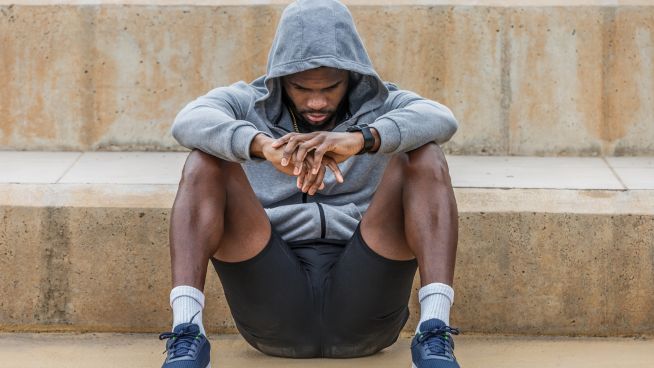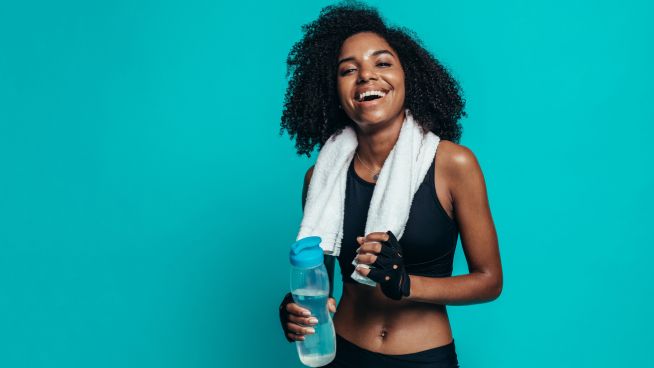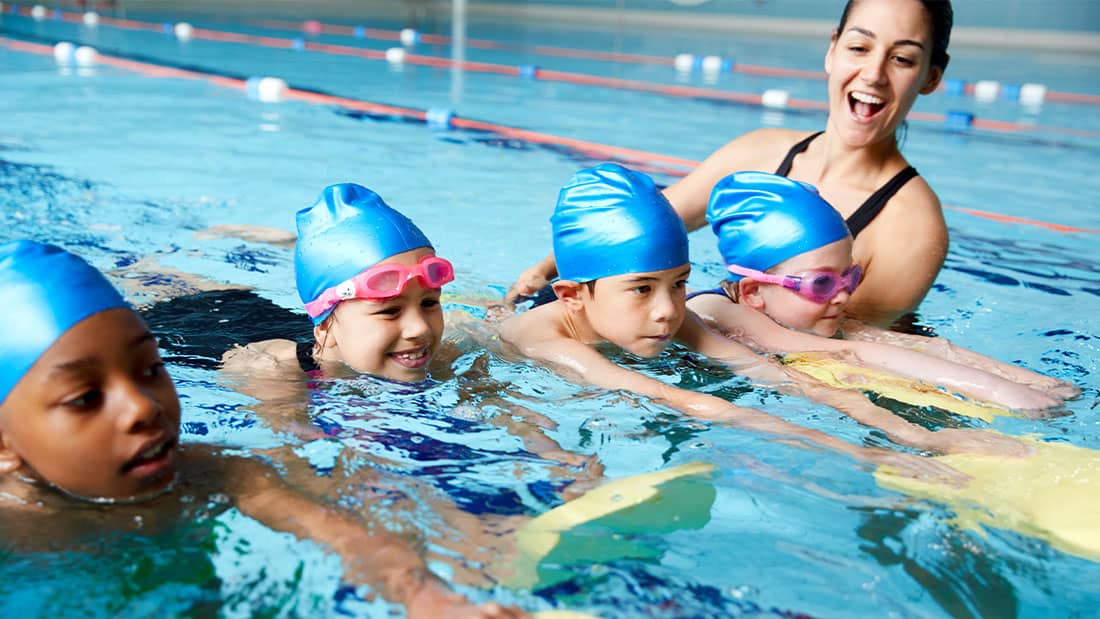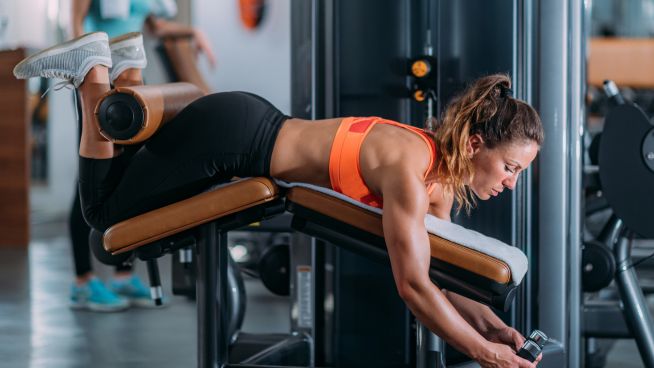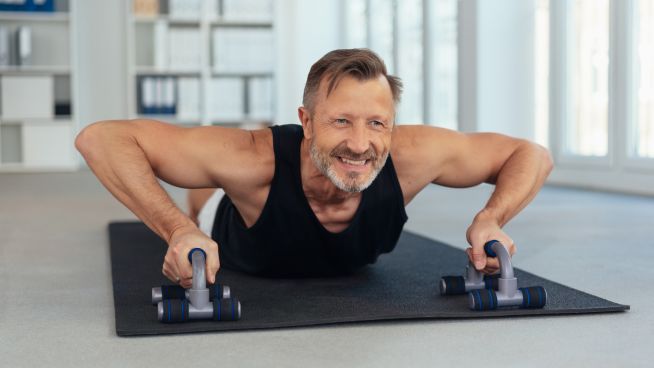Winning a game often comes down to the final seconds, when a clutch play determines the outcome. To make split-second decisions, athletes must be able to react quickly—which is one of the main reasons why they spend so much time training and practicing. But there is one thing they cannot train for to improve their performance: hydration. (Read The Truth About Dehydration.)
Sweat loss is detrimental to physical and mental performance. A loss of just 2% of body weight is all it takes. We hear that number a lot, but what does it mean? In a recent article, Kris Osterberg, senior scientist at the Gatorade Sports Science Institute, explains that when you fail to replace fluids lost in sweat, your heart has to work harder to meet the demands of working muscles. This increases your core body temperature and reduces blood flow, making exercise more difficult. Data he collected over two NBA seasons with two different NBA teams showed that 63% of the players routinely arrived at games inadequately hydrated. (Learn how to spot Dehydration Warning Signs.)
Scientists at Loughborough University (UK) studied soccer players. During a skill and mental concentration test, one group was allowed to drink fluids, another was not. The findings: soccer skill performance deteriorated 5% in the “no fluid” group while performance was maintained in the fluid group.
Staying hydrated is a responsibility that rests primarily with the athlete. The following hydration tips can help you reach your maximum athletic performance and facilitate recovery. Follow them to stay hydrated throughout the day.
Good Liquids
- Milk
- Water
- Fruit juice
- Sports drink
How Much?
- 8 cups per day from liquids (mostly water) and foods
- 2 cups within 4 hours leading up to workouts
- 2 cups per pound of weight lost after workouts
What Should I Drink in Practice?
For short bouts of training (less than an hour), water is adequate. For extended exercise or multiple workouts during the day, consume a sports drink that provides carbohydrates and electrolytes. (How to tailor it to you: Elements of Proper Hydration.)
Drink your fluids!
RECOMMENDED FOR YOU
MOST POPULAR
Winning a game often comes down to the final seconds, when a clutch play determines the outcome. To make split-second decisions, athletes must be able to react quickly—which is one of the main reasons why they spend so much time training and practicing. But there is one thing they cannot train for to improve their performance: hydration. (Read The Truth About Dehydration.)
Sweat loss is detrimental to physical and mental performance. A loss of just 2% of body weight is all it takes. We hear that number a lot, but what does it mean? In a recent article, Kris Osterberg, senior scientist at the Gatorade Sports Science Institute, explains that when you fail to replace fluids lost in sweat, your heart has to work harder to meet the demands of working muscles. This increases your core body temperature and reduces blood flow, making exercise more difficult. Data he collected over two NBA seasons with two different NBA teams showed that 63% of the players routinely arrived at games inadequately hydrated. (Learn how to spot Dehydration Warning Signs.)
Scientists at Loughborough University (UK) studied soccer players. During a skill and mental concentration test, one group was allowed to drink fluids, another was not. The findings: soccer skill performance deteriorated 5% in the “no fluid” group while performance was maintained in the fluid group.
Staying hydrated is a responsibility that rests primarily with the athlete. The following hydration tips can help you reach your maximum athletic performance and facilitate recovery. Follow them to stay hydrated throughout the day.
Good Liquids
- Milk
- Water
- Fruit juice
- Sports drink
How Much?
- 8 cups per day from liquids (mostly water) and foods
- 2 cups within 4 hours leading up to workouts
- 2 cups per pound of weight lost after workouts
What Should I Drink in Practice?
For short bouts of training (less than an hour), water is adequate. For extended exercise or multiple workouts during the day, consume a sports drink that provides carbohydrates and electrolytes. (How to tailor it to you: Elements of Proper Hydration.)
Drink your fluids!


